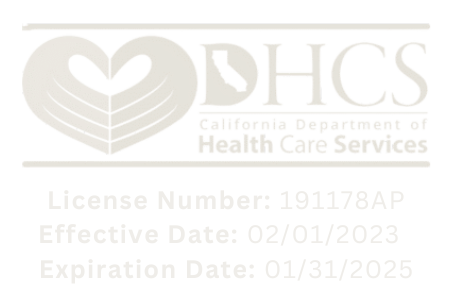Bipolar disorder and dysthymia are serious mood disorders that profoundly affect emotional stability, behavior, and quality of life. Bipolar disorder is characterized by extreme mood swings, alternating between manic or hypomanic episodes (periods of elevated mood, energy, and impulsivity, sometimes leading to risky behaviors) and depressive episodes (periods of profound sadness, low energy, and hopelessness). Dysthymia, or persistent depressive disorder, involves chronic, low-grade depression lasting for at least two years, with symptoms like mild sadness, fatigue, low self-esteem, and difficulty concentrating, but without the intense highs of bipolar disorder. Both conditions can disrupt daily functioning, relationships, and physical health, often increasing the risk of drug addiction as individuals may use substances like alcohol, stimulants, or sedatives to self-medicate—either to stabilize mood swings, boost energy during depression, or calm mania—worsening the disorders and heightening addiction risk.
A mood disorder assessment involves in-depth evaluations by licensed professionals to diagnose bipolar disorder and dysthymia, assess severity, identify triggers (e.g., stress, genetics, life events), and evaluate any co-occurring drug addiction. This process focuses on:
Focusing on evidence-based, compassionate protocols, our integrated treatment ensures emotional stability, addresses bipolar disorder and dysthymia symptoms, and supports recovery from drug addiction through dual diagnosis care.
A thorough assessment of mood history, symptom patterns (e.g., mania, depression, or chronic low mood), physical health, and drug use, including triggers and psychological well-being, to create a personalized treatment plan addressing both mood disorders and addiction.
Customized therapies and, if needed, medications (e.g., mood stabilizers, antidepressants, antipsychotics) are used to manage bipolar disorder (e.g., stabilizing mood swings) and dysthymia (e.g., alleviating chronic depression), while also addressing substance use (e.g., cravings, withdrawal).
Our mood disorder specialists and addiction counselors provide continuous care, monitoring mood fluctuations, depressive episodes, manic symptoms, and substance use patterns to ensure safety, progress, and relapse prevention.
Bipolar disorder, dysthymia, and drug addiction can lead to sleep disturbances, fatigue, and emotional instability. We offer balanced nutrition, exercise therapy, mindfulness practices, and stress management to restore overall health, stabilize mood, and address addiction.
One of the most critical questions is, “How do bipolar disorder and dysthymia affect recovery from drug addiction?” Mood disorders like bipolar disorder and dysthymia can significantly complicate addiction recovery by driving individuals to use substances as a coping mechanism for mood instability. For example, someone with bipolar disorder might use stimulants to enhance mania or alcohol/sedatives to calm manic episodes, while someone with dysthymia might turn to opioids or cannabis to lift chronic low mood or numb emotional pain. This substance use can worsen mood disorder symptoms by disrupting brain chemistry, increasing mood swings, and deepening depression, creating a dangerous cycle. At Alliance Treatment, our dual-diagnosis approach ensures you receive comprehensive care to break this cycle, addressing bipolar disorder, dysthymia, and addiction simultaneously with tailored therapies, improving long-term recovery outcomes and emotional well-being.
Customized treatment integrating evidence-based therapies for bipolar disorder, dysthymia, and drug addiction, ensuring all conditions are addressed for lasting recovery.
Combining psychiatric care, cognitive-behavioral therapy (CBT), mindfulness, and medication management to treat mood disorders and addiction, focusing on underlying mood instability and emotional triggers to prevent relapse.
Ongoing support, including therapy, support groups, and lifestyle coaching, to maintain mood stability and sobriety, addressing the interplay between bipolar disorder, dysthymia, and substance use.
A safe, supportive environment to stabilize mood through psychiatric care, medication management, and counseling for bipolar disorder and dysthymia, while addressing any co-occurring drug addiction.
Individual and group counseling, including CBT and interpersonal therapy, to address the psychological roots of mood disorders and substance use, building healthier coping mechanisms.
Mindfulness, yoga, art therapy, and nutritional support to reduce mood swings, manage depressive symptoms, and support addiction recovery by enhancing emotional resilience and physical health.
Ongoing community support, therapy, and resources to maintain mood stability and prevent relapse into drug use, tailored to individuals with bipolar disorder, dysthymia, or both.
Substance abuse treatment facility in Los Angeles County, California. We offer detox, residential inpatient care, and long term outpatient aftercare. Alliance Treatment accepts HMO and PPO insurance plans.
